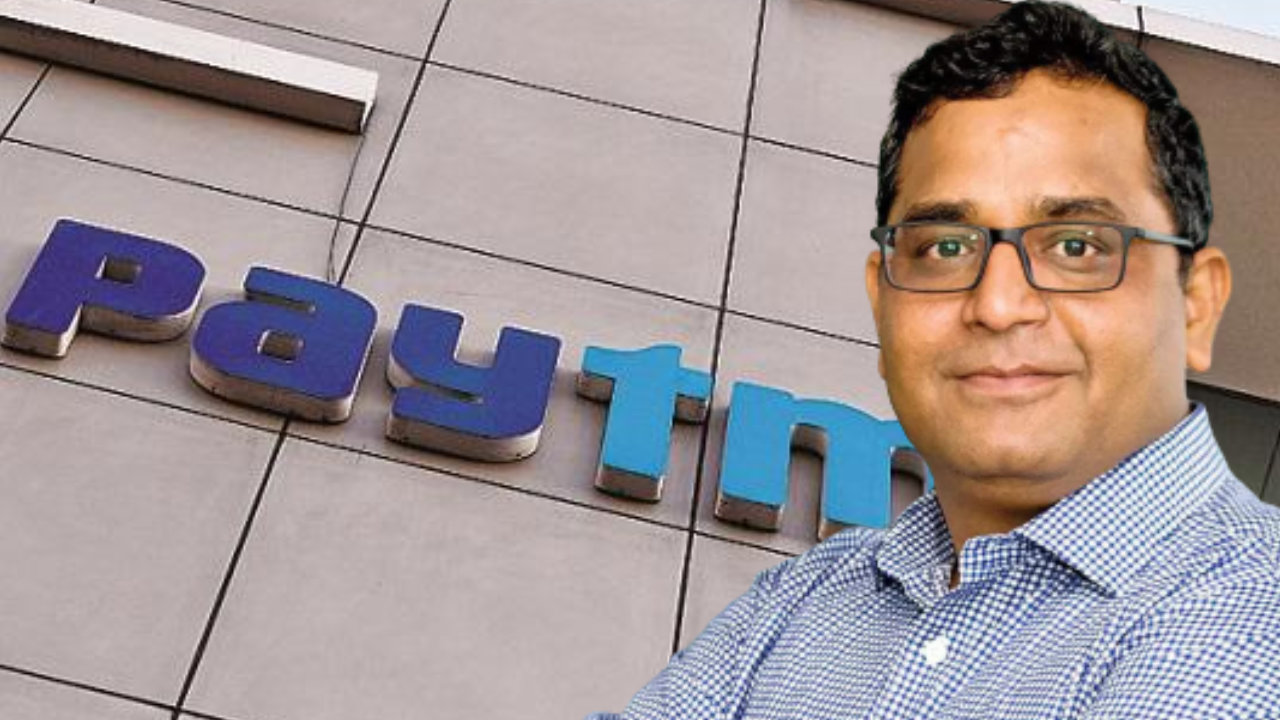
Anil Narasipuram, the husband, was initially motivated by blockchain marriages done in other countries.
A young couple from India used nonfungible tokens (NFTs) to digitize their love for each other till eternity over the Ethereum (ETH) blockchain.
The recently married couple from Pune, India, Shruti Nair and Anil Narasipuram decided to take their court marriage to the next level by hosting a blockchain wedding. According to Anil, the husband:
“I read some articles on how people in other countries were doing blockchain marriages and it motivated me.”
Other prominent crypto entrepreneurs to follow the trend include Rebecca Kacherginsky, Coinbase’s staff product designer.
Most people get married in a place of religious worship, on a beach, or in the mountains. Peter (@_iphelix) and I are NOT most people. We got married on the #blockchain. 1/7 pic.twitter.com/2ExexrlLbZ
— Rebecca Kacherginsky (@rgoldilox) April 2, 2021
As a part of the Indian blockchain wedding, the couple was accompanied online by Anoop Pakki, who was responsible for minting the NFT — a.k.a. the digital priest.
"We read out the vows and after receiving the blessings of our digital priest, I confirmed the transaction to transfer the NFT to my wife's digital wallet," said Anil explaining the "The transaction took a few minutes (and about $35 in ETH gas fees) after which we were pronounced husband and wife by our digital priest!"

The couple unanimously read the vow, “We won’t make any big promises, but we will do everything we can to make this work. Through all our disagreement and conflict, we hope to grow our understanding of each other and ourselves. We don’t expect to be the whole village for each other, but we will be by each other’s side, hand in hand, walking through this adventure, together.”

The wedding vow, which was in the form of a digital image was then minted as an NFT by the digital priest on the OpenSea platform. The description of the NFT read:
“This contract is between Shruti Sathian Nair, born March 17, 1988, and Anil Mohan Narasipuram, born October 11, 1986. The parties to this agreement are hereby declared husband and wife, on Nov 15 2021 and to have to hold, in sickness and in health, for now and in perpetuity.”
Related: India to introduce 30% crypto tax, digital rupee CBDC by 2022–23
Indian finance minister Nirmala Sitharaman announced the launch of a central bank digital currency (CBDC) along with a 30% crypto tax by 2022–23 during the Union Budget 2022.
As Cointelegraph reported, Sitharaman said that the CBDC launch will provide a “big boost” to the digital economy along with the possibility of a more efficient and cheaper currency management system. Her proposal suggested:
“Any income from transfer of any virtual digital asset shall be taxed at the rate of 30%. No deductions in respect of any expenditure or allowance shall be allowed while computing such income, except the cost of acquisition.”









